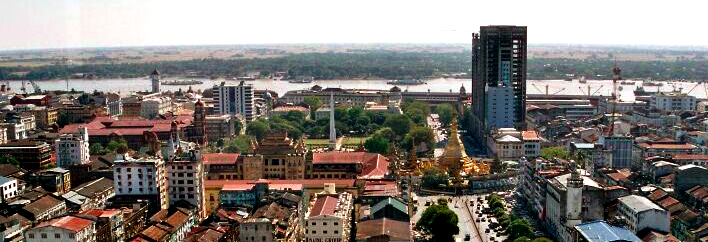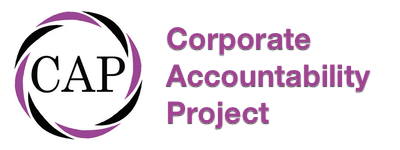- Drivers of Corruption – An International Bar (IBA) Association Report
- Taking a Lay of the Land: The Current State of Property Law in Myanmar

The leading professor of this project is Associate Professor Kath Hall, with assistance from relevant IBA members.
This research aims at identifying and discussing what motivates private sector corruption (i.e. the payment of bribes). The report will be presented at the IBA Anti-Corruption Forum at the OECD in Paris next June and widely distributed to IBA members around the world.
The report will explain and analyse the economic, political, legal (i.e. gaps in the law), moral (i.e. ethical aspects) and psychological drivers of corruption. For the economic and ethical areas there is a member of the IBA who is the contact point to assist with and ultimately write that section of the report. I am the contact point for the psychological drivers. Students assisting with this project would be able to:
- Economic – liaise with the contact person (Professor Tina Søreide Norway) re what is needed i.e. literature review or updating of her research.
- Ethical – liaise with the contact person (Anesta Weekes QC London) re what is needed i.e. literature review for that area of research.
- Assist Kath with literature reviews and preparation of the section on political drivers.
- Assist Kath with preparation on the legal drivers (i.e. gaps in the law). For further information, please inquire as to Kath’s summary of AC laws.
- Assist Kath with research on the new area of behavioural regulation and its relevance to AC.

The leading professor in charge of this project is Professor Jolyon Ford.
One of the most difficult aspects of change in a State undergoing far-reaching political transition is the establishment or maintenance of conditions necessary for legal certainty and stability. In the case of Myanmar, the difficult search for certainty and stability across almost all areas of law has been exacerbated by the essential absence of a rule of law since the Revolutionary Council coup d’état in 1962 until very recently. Under such conditions, it is often difficult to know or even find out what the applicable, controlling law is for a particular situation or set of circumstances.
The property law system in Myanmar in particular, like many developing countries, is beset by widespread legal uncertainty and the potential for conflict. At a practical level, the destruction of property records of the Inspector-General of Registration created before 1974 creates its own problems associated with claims of right, title, and interest in property. Without legal certainty about property rights and interests, it will be difficult for the government of Myanmar to attract foreign investment to assist in promoting its political transition.
The object of this research is to bring some clarity to property law in Myanmar. It is designed to explain and analyse the Myanmar property law system as it is today. It focuses on immovable property and agricultural and urban land issues. The research will involve four different stages. First, it will survey the existing literature in English and Burmese (Khin Phone). Using the literature survey, the second stage of the project will identify gaps in knowledge requiring further research. It has already become apparent that much more work has been done on immovable property in non-urban contexts and that significant primary research will need to be carried out on the ground in Myanmar in relation to urban property and planning issues. The third stage of the project will pull together this research and produce an analytical treatment of the historical development of the property law system Myanmar from pre-colonial times to the present. It will also provide a systematic account of the urban and non-urban property law regimes as they exist today. The fourth stage of the research will present a series of recommendations for improving the role of the property law system in Myanmar.
